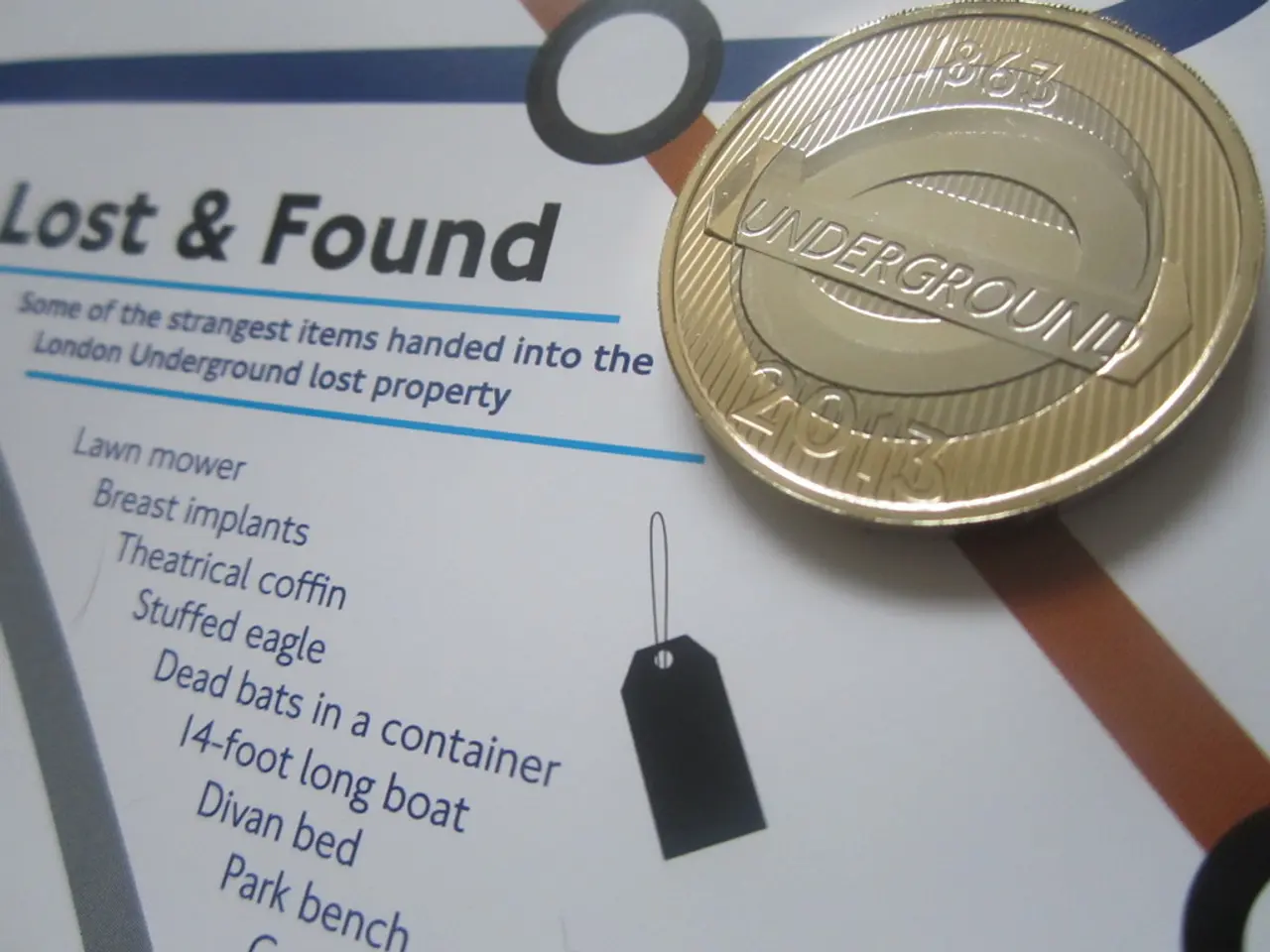Enlarging Foreign Exchange Availability for Global Money Transmission Services Across Nigeria's Financial Sector
The Central Bank of Nigeria (CBN) has made a significant policy shift, allowing International Money Transfer Operators (IMTOs) to sell foreign currency on the official window. This move is aimed at increasing transparency, improving liquidity, and providing more options for Nigerians receiving remittances from abroad.
The decision comes amidst challenges facing the Nigerian economy, heavily dependent on oil exports. Fluctuating global stock market prices and production issues have put pressure on the naira and led to foreign exchange shortages. As of Monday, the naira was trading at 1,488 per dollar on the official window, with parallel market rates reported to be around 1,500 naira per dollar on the same day.
The CBN has been working diligently to stabilize the foreign exchange market. One of their strategies involves allowing the naira to trade freely against the dollar and unifying multiple exchange rate windows. This policy adjustment aims to encourage remittance flows through official channels and diminish the influence of the parallel market.
The success of this initiative will depend on various factors, including the continued stability of the naira, the overall performance of the Nigerian economy, and global stock market conditions.
In a strategic step to tap into the significant diaspora remittances that Nigeria receives annually, the CBN's latest move could potentially reduce the demand for foreign currency in the parallel market.
Moreover, the World Bank is anticipated to provide a $2.25 billion financial support package to Nigeria. This financial support could improve foreign exchange liquidity in the Nigerian market. Eligible IMTOs can access the central bank's window either directly or through authorized dealer banks.
The CBN has also implemented a series of reforms recently, including a ban on street trading of dollars and a significant increase in capital requirements for Bureau de Change operators. These measures are part of the CBN's efforts to bring order and transparency to the foreign exchange market.
Market observers and participants will closely monitor the impact of this policy on exchange rates, remittance flows, and the broader financial landscape in Nigeria. The CBN's latest policy change is expected to bring about positive changes in the Nigerian forex market, providing a more stable and transparent environment for both businesses and individuals.
Read also:
- Catastrophe at a U.S. Steel facility in Pennsylvania results in the loss of two lives. crucial details unveiled
- Auto Industry Updates: Geotab, C2A, Deloitte, NOVOSENSE, Soracom, and Panasonic in Focus
- Liverpool unveils plans for expanding its electric fleet: intends to incorporate 50 new electric buses
- Republican Representative Buddy Carter from Georgia discusses solar energy, electric vehicles, and nuclear power.




